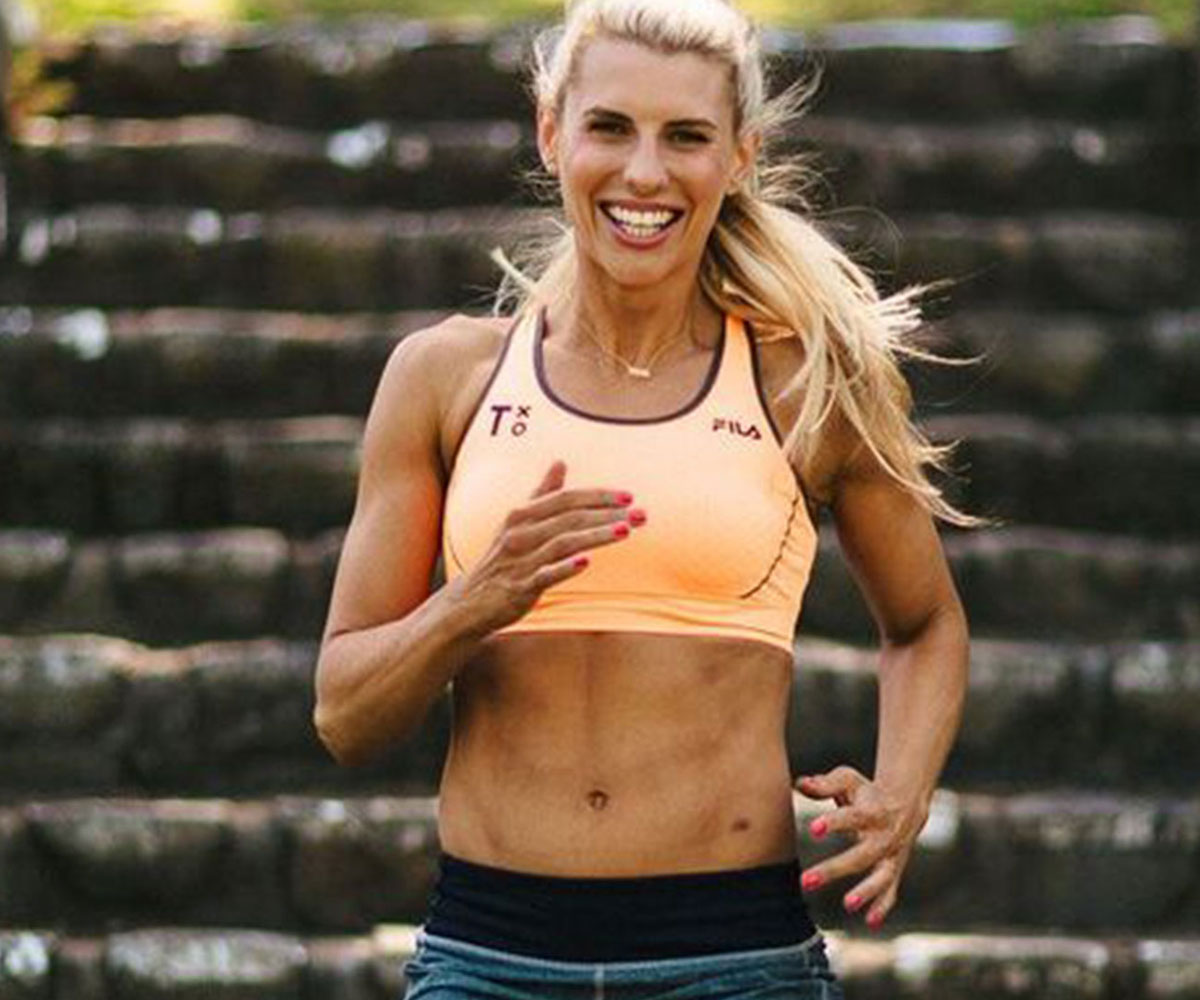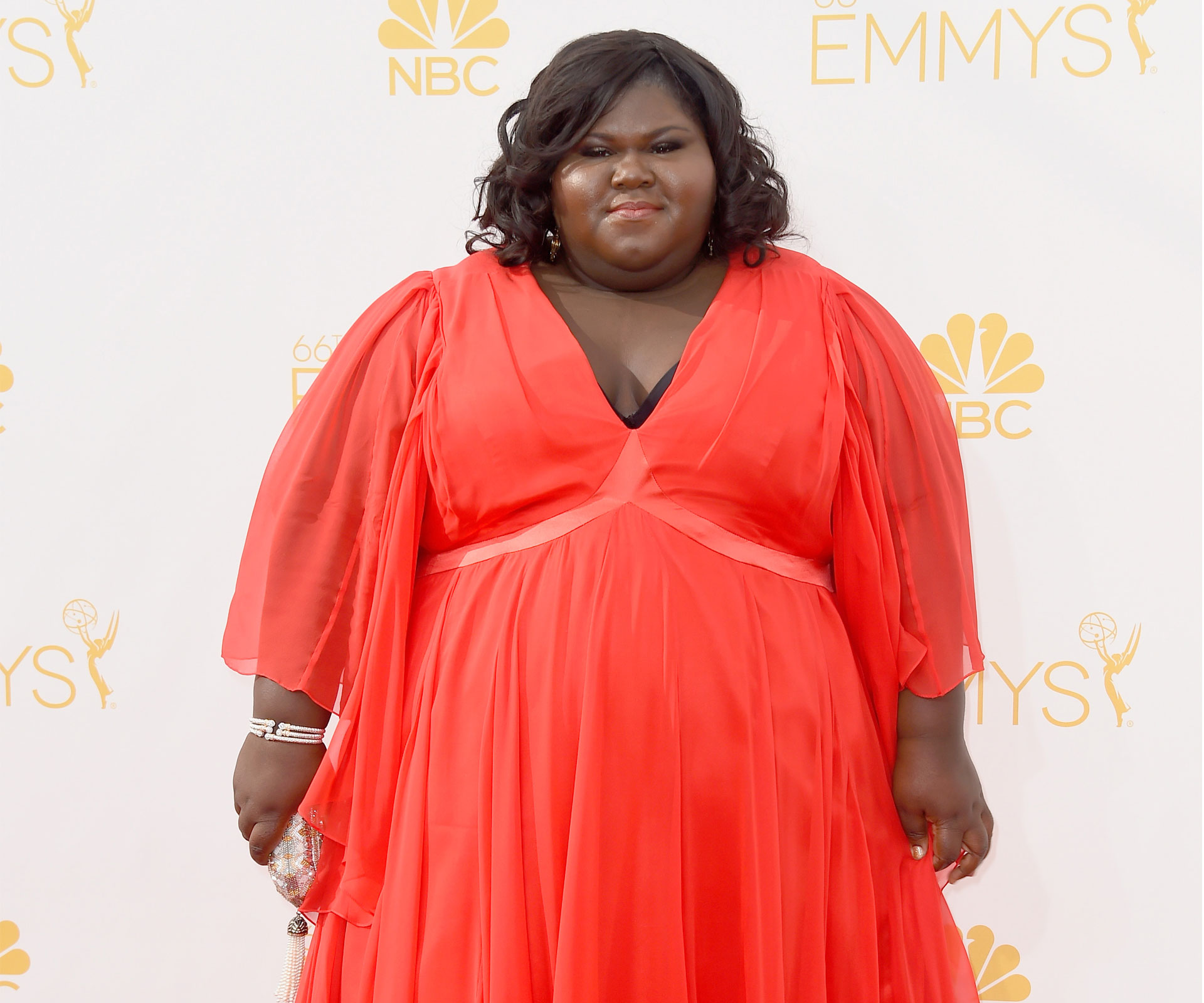Remember when Kentucky Fried Chicken changed its name to KFC? We were all supposed to forget the “F” stood for fried, because of the unhealthy connotations of the word. And now we’ve got WW. Sorry, who? Yes, Weight Watchers is now WW.
Perhaps we’ll forget it was fixated on our weight. Or not. Anyway, Weight Watchers – sorry, WW – says it’s rebranded because its focus is on overall health now as opposed to weight loss.
Which doesn’t really explain why it still wants members to track their food intake based on a points system, or why they need to track their physical activity to see how many points of energy they’ve expended, either.
But I digress. My point is, the weight-loss industry (or is that the WL industry?) is starting to unravel. It’s desperately trying to evolve into the “wellness” industry as dieting is exposed as the lie that it is.

Ninety-five per cent of weight-loss diets fail, a hopeless success rate in anyone’s books. More hopeless is the fact a third to a half of dieters regain more weight than they lost; that most diets are effective for only three to six months; and that less than 20 per cent of dieters manage to achieve and maintain a 10 per cent weight loss for more than a year – before regaining all that weight within three to five years.
It’s time to check our “thin privilege” (Google it) and acknowledge the statistics: There is nothing wrong with the dieters, it’s the diet that’s the problem. That, and the false belief that smaller equals happier.
Bright Line Eating is just another diet and I found no evidence it can successfully alter the weight set-point. Furthermore, its website reinforces the popular narrative that smaller equals happier, through such proclamations as Bright Line Eating is “a simple process for getting your brain on board so you can finally live Happy, Thin and Free”.
Why is “thin” so seamlessly placed between happy and free? The average punter will respond, “because thinner bodies are healthier”.
But what about people who eat a rubbish diet and never exercise, yet are thin? Then, there are others in larger bodies who eat a nutritious diet, exercise regularly and stay big.
Body weight clearly isn’t a good indicator of whether we have healthy lifestyle habits or, indeed, good metabolic health.

The Health At Every Size Movement (Haes) challenges the weight-based focus of our medical community.
Instead of focusing on body weight, shape or size, the Haes approach encourages people to create a “fulfilling and meaningful lifestyle” through intuitive eating, body acceptance regardless of size or shape and physical activity for movement and health rather than to shape the body or for elite performance. This has been tested in a number of clinical trials, with positive results.
In one two-year study, people assigned to the Haes approach maintained their body weight and had improved metabolic fitness and energy expenditure, lower blood pressure and lipids, better eating habits, self-esteem and body image and less depression. A second group of study participants, who were assigned to “diet” and “lose weight”, initially shed kilos and had improved health, but by the trial’s two-year mark, they’d regained the lost weight and most of the health benefits had been reversed.
It’s time we stopped worshipping the thin ideal at any cost and instead respected the diversity of sizes and shapes in the community. Anyone can eat intuitively and find enjoyable ways to keep active, irrespective of their size.
But life would certainly be a lot easier for larger people if we stopped judging their health status, lifestyle habits, work ethic and personality based on their size.
This story originally appeared on our sister site Noted.


